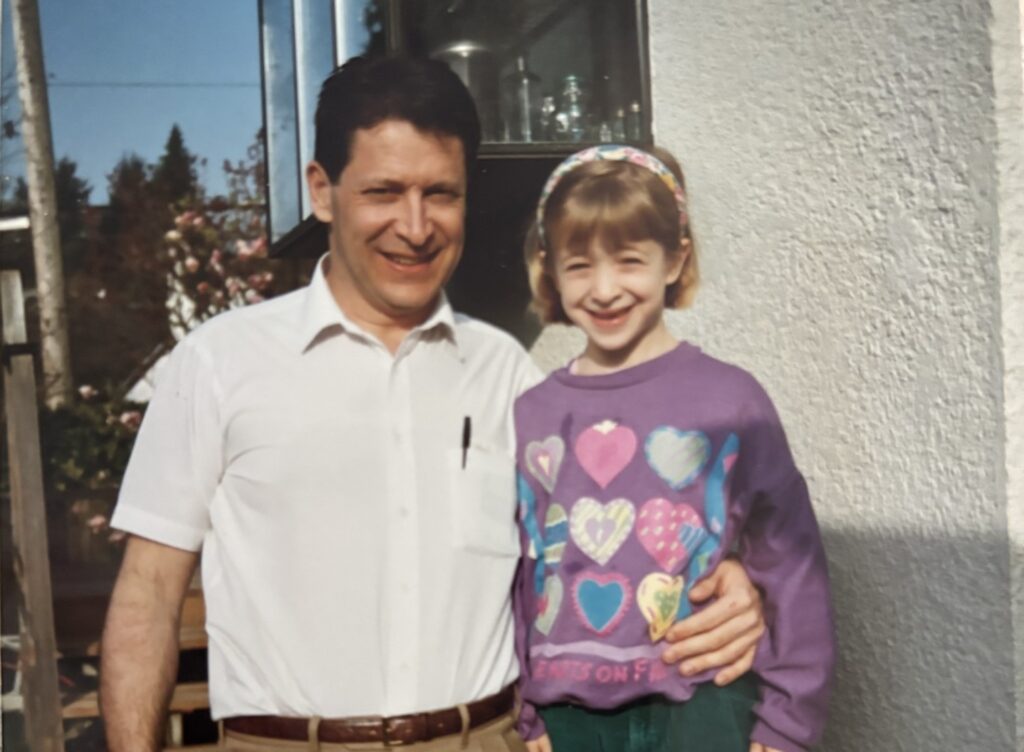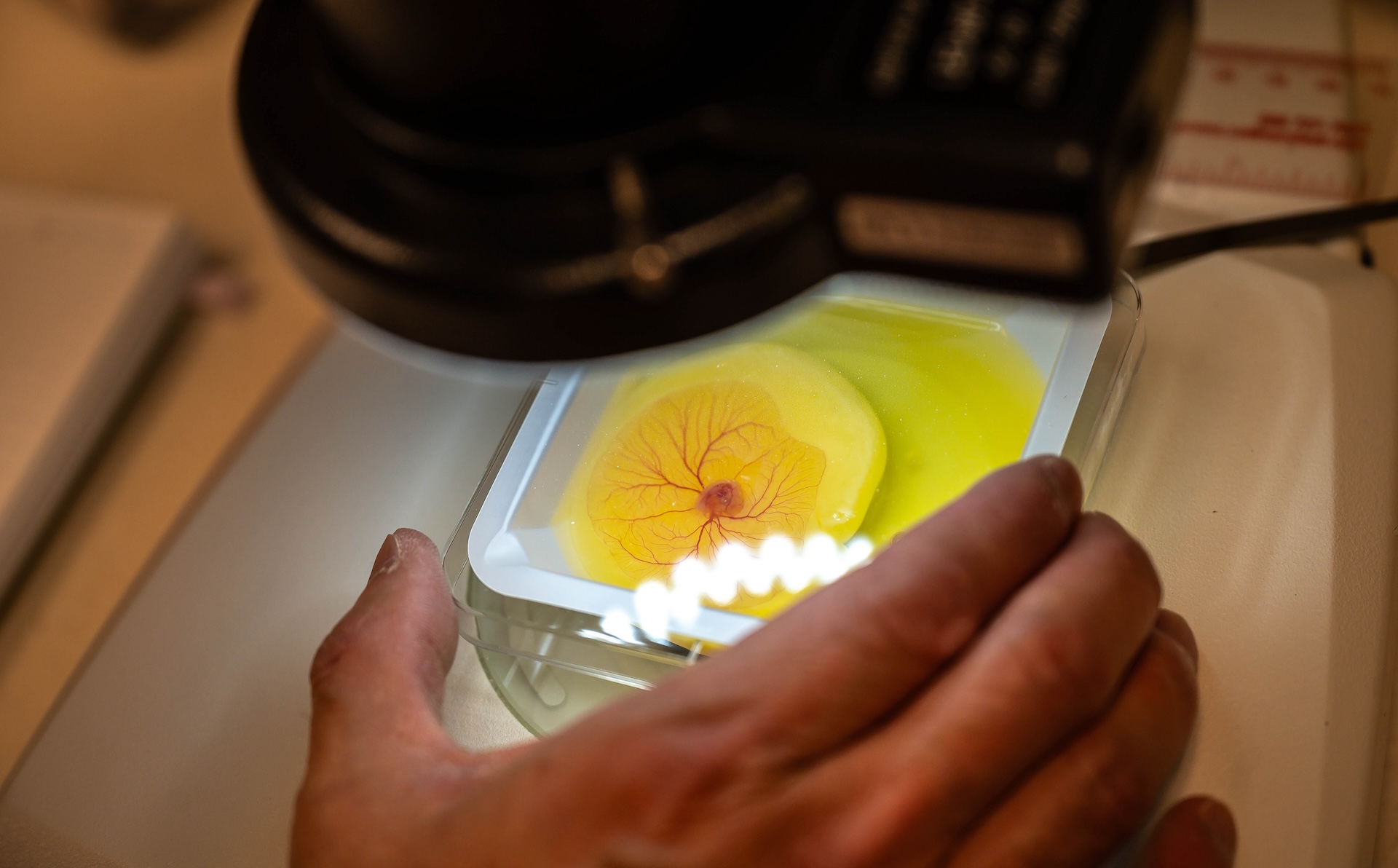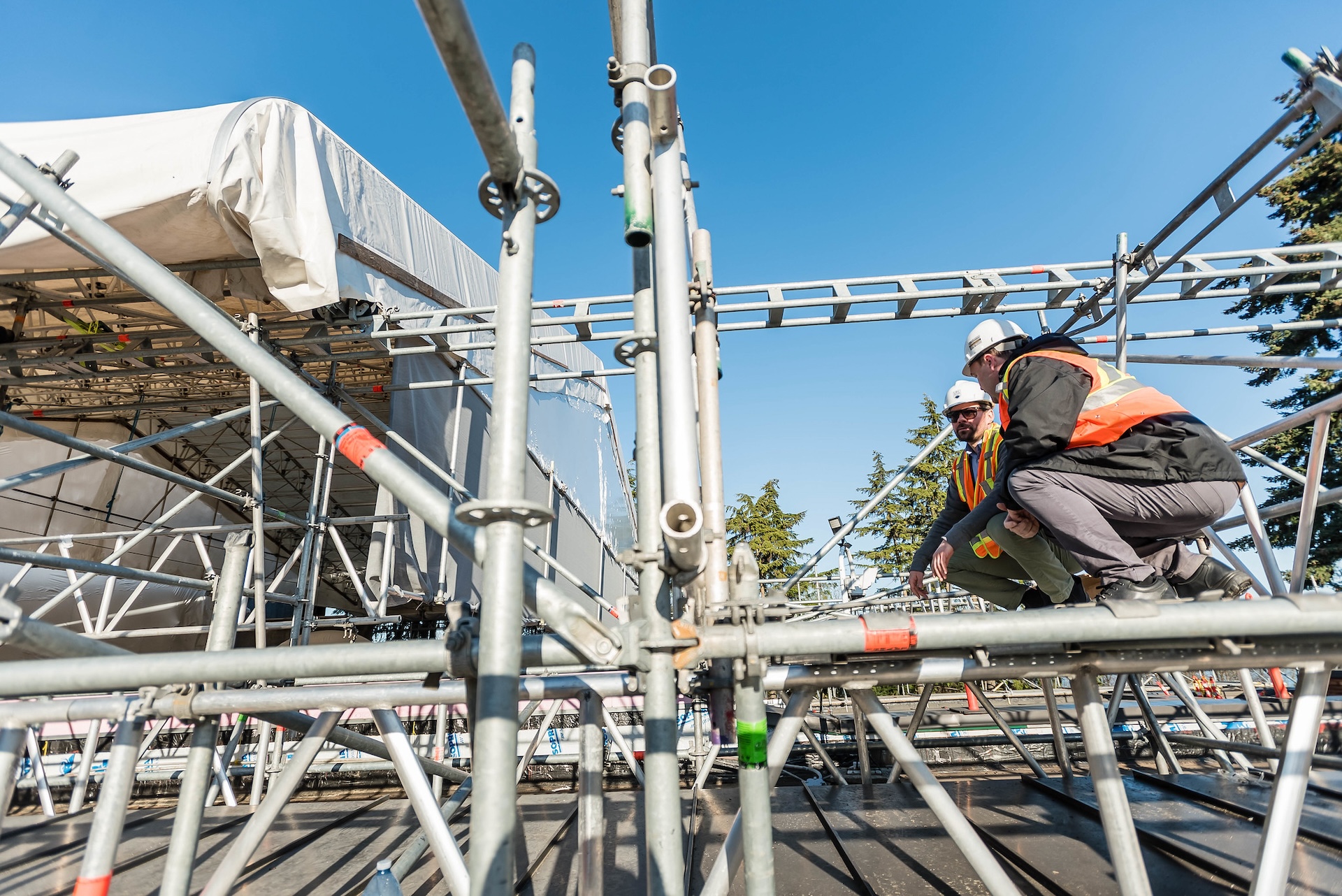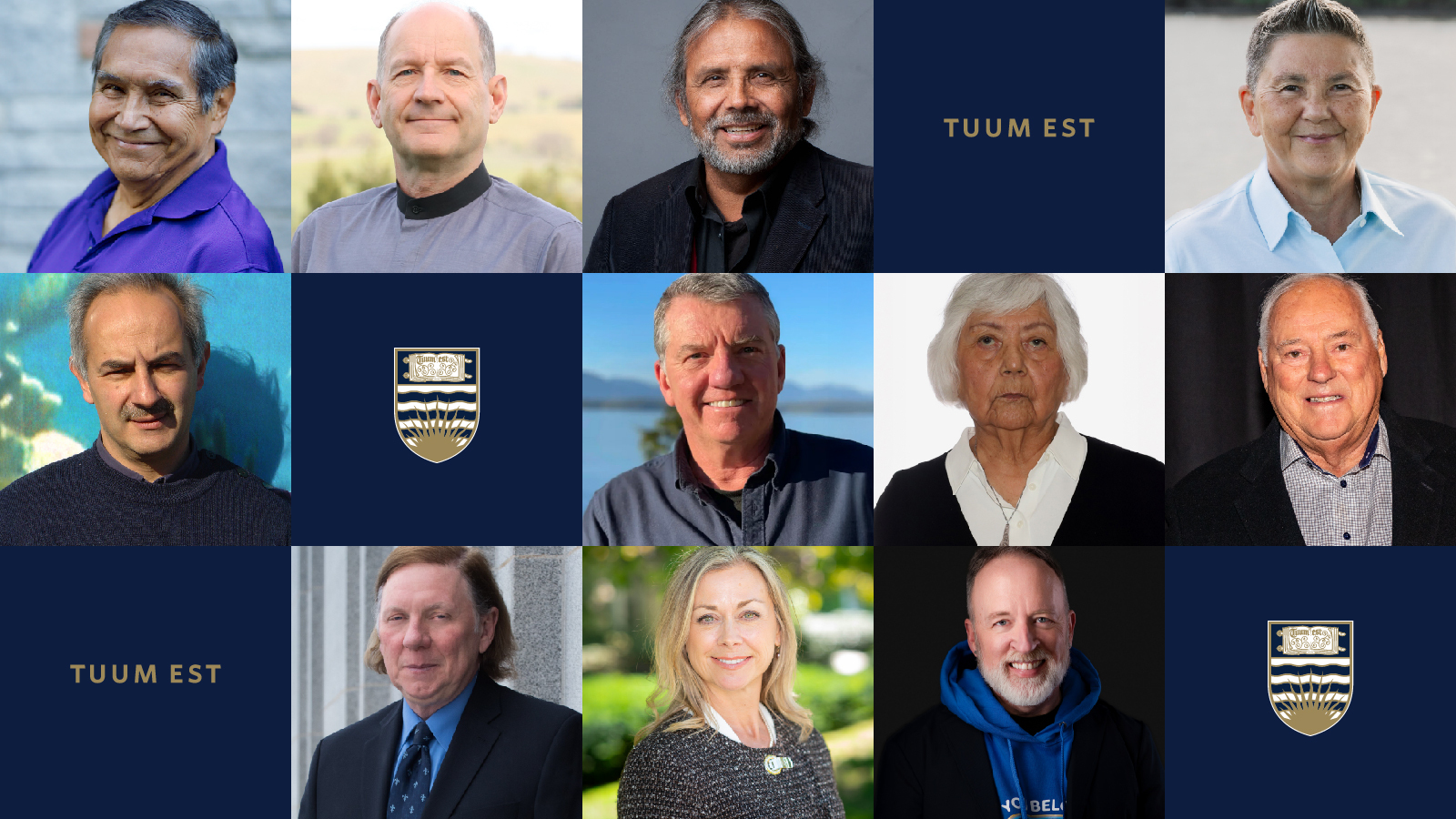Science & Technology
-
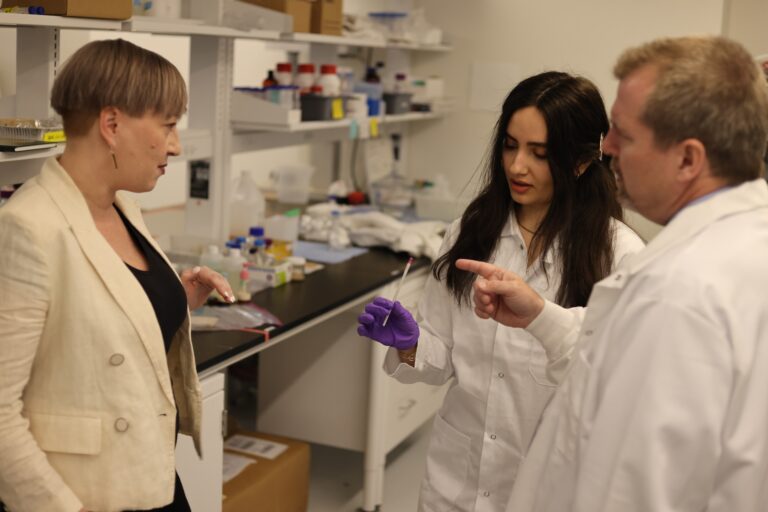
New stir stick detects drink spiking in seconds
UBC researchers have developed a seemingly ordinary stir stick capable of detecting common drink-spiking drugs potentially preventing assaults.
-
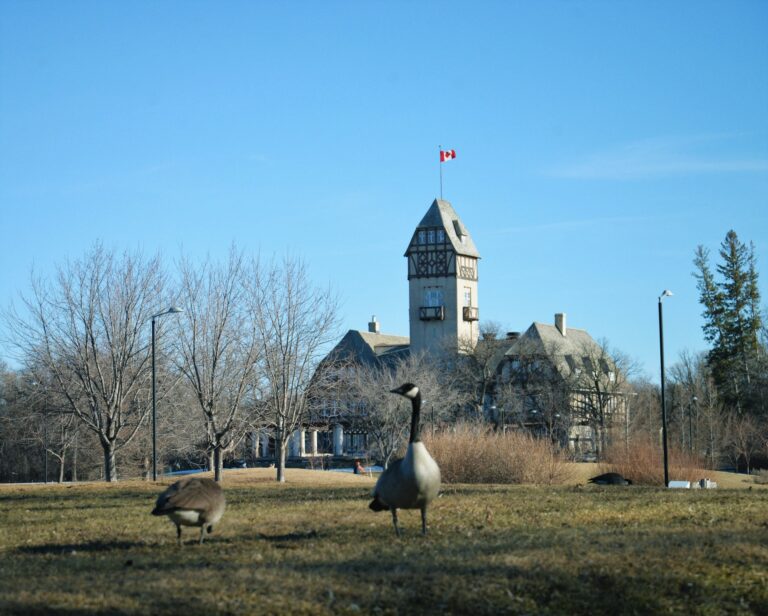
Canada slowest in reporting bird flu at 618 days – but COVID shows we can do better
Researchers at the department of zoology discuss why getting genetic information about bird flu quickly is crucial.
-
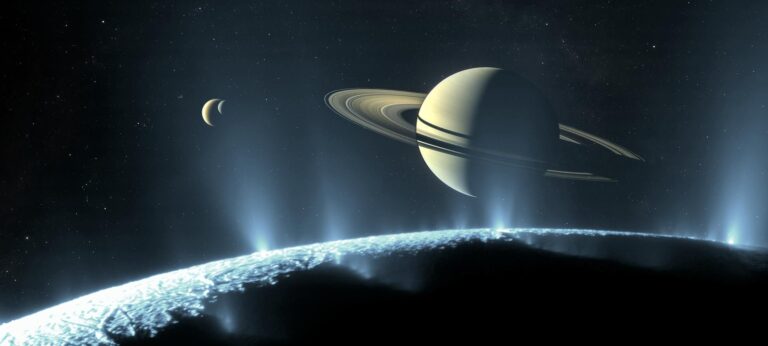
Saturn still reigns supreme as moon king with 128 new moons
The International Astronomical Union has recognized the discovery of Saturn's 128 new moons.
-
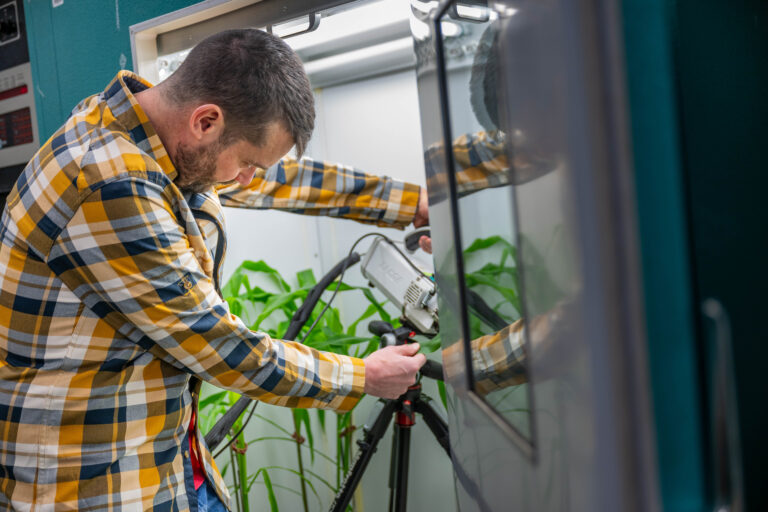
Why ‘leaky’ plants could accelerate climate change
Plants play a key role in regulating Earth’s climate, but recent research suggests that rising temperatures could disrupt this balance.
-
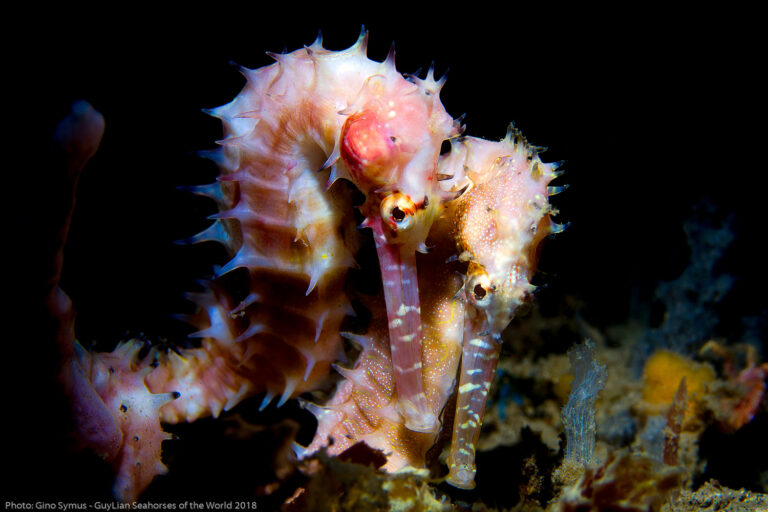
Why a seahorse should be your dating coach this Valentine’s Day
Even in the face of ongoing threats from habitat damage, seahorses are some of the most dedicated partners in the animal world.
-
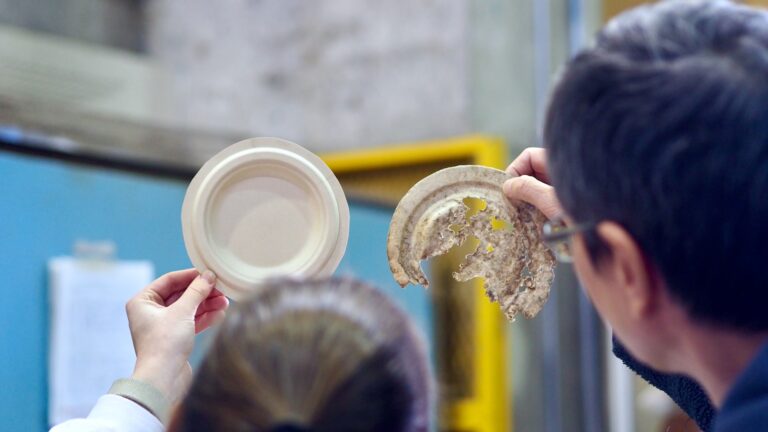
Bamboo takeout containers offer a sustainable alternative free of ‘forever chemicals’
These bamboo-based takeout containers are also as durable as conventional options and break down quickly in natural conditions.
-
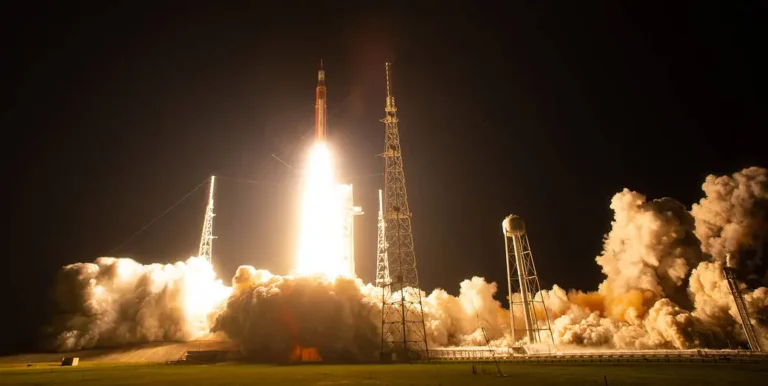
One in four chance per year that rocket junk will enter busy airspace
While the chance of debris hitting an aircraft is very low, the research highlights that the potential for uncontrolled space rocket junk to disrupt flights and create additional costs for airlines and passengers is not.
-
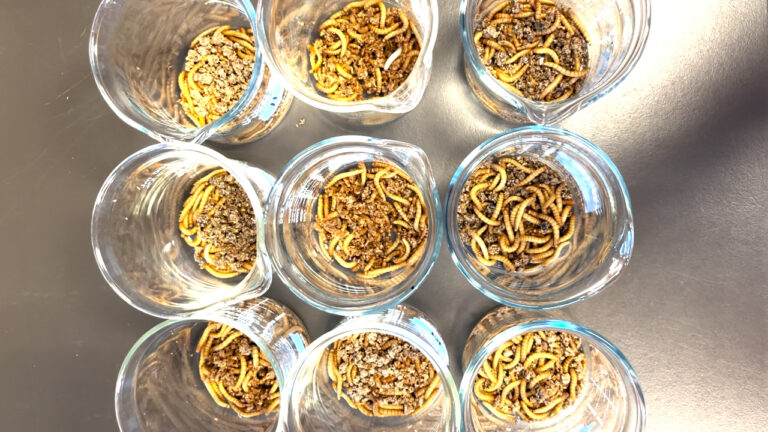
Can plastic-eating bugs help with our microplastic problem?
UBC researchers fed mealworms ground-up face masks mixed with bran and found that the bugs excreted a small fraction of the microplastics consumed.
-
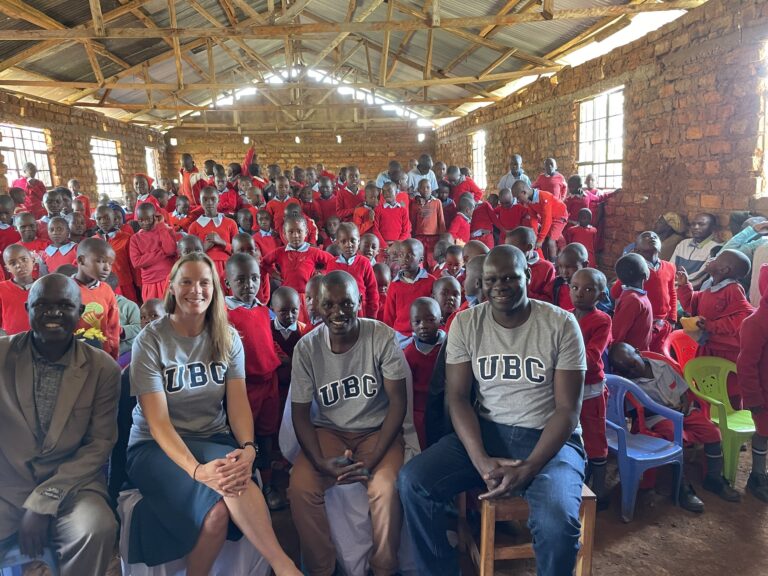
UBC researcher brings clean water home to Kenyan school
For Dr. Paul Onkundi Nyangaresi, a postdoctoral researcher at UBC’s faculty of applied science who led the project, it’s more than a professional achievement; it’s personal.
